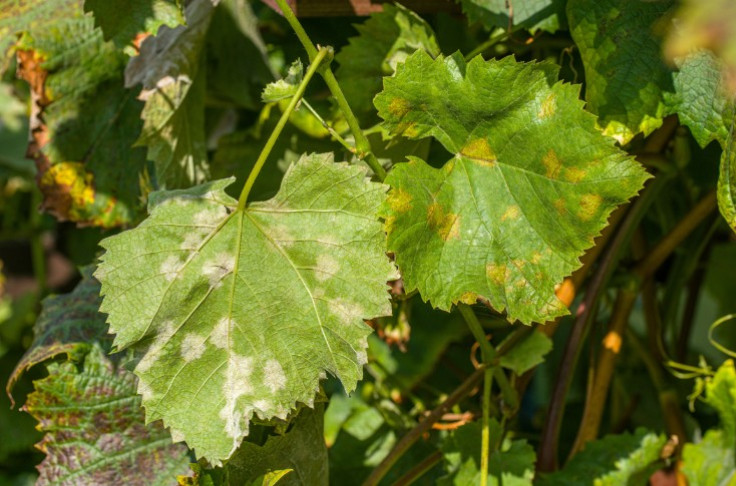Biological control product innovation for vines slows

inegrowers are facing mounting challenges as they lose access to plant protection products despite increased pressure from fungal diseases due to climate change and the emergence of new pests such as the cotton jassid. “Between 2020 and 2025, six fungicides for downy mildew and six insecticides were withdrawn from the market”, explains Eric Chantelot, plant protection advisor at the French Vine & Wine Institute (IFV). And the trend is set to continue. “According to a list drawn up last year by the Ministry of Agriculture, another six downy mildew treatments, six insecticides and six products for powdery mildew are now under review at European level and will be evaluated over the next five years”, he adds, warning of an impending deadlock for the industry. “The situation is compounded by the fact that repeated usage of the same active ingredients could lead to resistance and render the few remaining solutions ineffective”.
Continuing his calculations, Chantelot comments that concurrently with the phasing out of conventional plant protection products, 10 biological control solutions have been made commercially available since 2010 to combat mildew. “And we have gone from one to five insecticides. It might appear that new products are stepping in to replace those that have been lost. But that is not the reality because these solutions are not effective or reliable enough to secure yields”, he warns.
Innovating is therefore essential. “But companies are running out of steam. There were official approvals between 2015 and 2020 but there have been relatively few since then”, deplores Chantelot, pointing the finger at “Europe’s over-restrictive regulations” which companies have to navigate.






